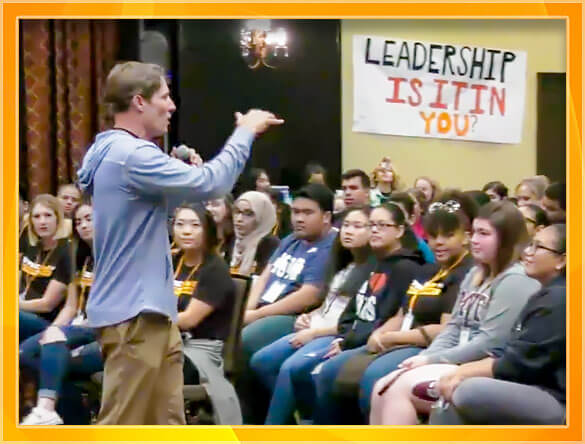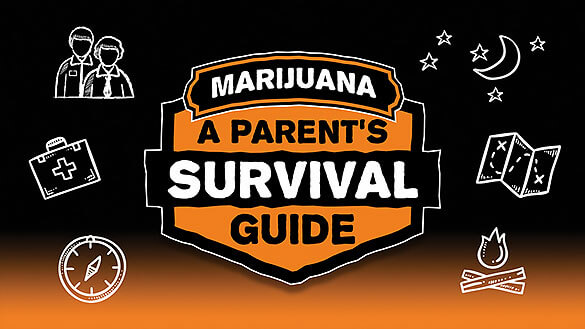Marijuana Prevention
Introduction
Research shows that most young teens think marijuana is less harmful than other drugs or alcohol. Current research also shows that young people do not have access to all the information regarding the effects of marijuana use on a developing brain, the neuroscience of addiction, or the current California laws on medicinal and recreational Marijuana use.
The Sacramento County Coalition for Youth developed the Future Forward campaign to address these concerns. The goal is to educate the Sacramento Community, offer information and resources, and provide an opportunity to get involved in creating change to protect young people from increased accessibility to marijuana in our community.
Get the Facts:
- Teenagers are more vulnerable to addiction. Research finds that about 1 in 11 adults and 1 in 6 youth who use marijuana become dependent. And 1 in 3 develop some form of problem use. Earlier use is linked to greater risk of dependence on marijuana and other drugs.
- Kids who use marijuana regularly can decrease their IQ and impair learning, memory, math and reading levels. These changes can be permanent.
- Marijuana use while driving makes a crash twice as likely to happen.
- Today’s marijuana is more potent than it was in the 1960s and 1970s. Potency has gone from 1-2% THC to 20-30% THC in smoked form, and up to 96% THC in butane hash oil extracts and oils used in edibles.
- Parents who talk with their kids about not using marijuana have teens who are less likely to use marijuana. You might be surprised at how much influence your words, actions and opinions can have on your child’s choices. Speak up and get the conversation started! Heavy marijuana use impairs young people’s ability to concentrate and retain information. [Journal of American Academic Child & Adolescent Psychiatry]
- Teen brains react differently to marijuana than adult brains. Because adolescence is a time of rapid brain growth, regular long-term use by teens causes long-term damage to developing brain structures.
- You might be surprised at how much influence your words, actions and opinions can have on your child’s choices. Speak up and get the conversation started! Heavy marijuana use impairs young people’s ability to concentrate and retain information. [Journal of American Academic Child & Adolescent Psychiatry]
Know Where to Start: Talking Tips for Parents
- Know the facts. Understand how marijuana affects the developing teenage brain.
- Talk often—build strong trust.
- Have shorter, more frequent conversations.
- As they become teens, the conversation needs to change.
- Listen! Conversations go both ways.
- Remember, kids watch what you do along with what you say.
Helpful Links:


